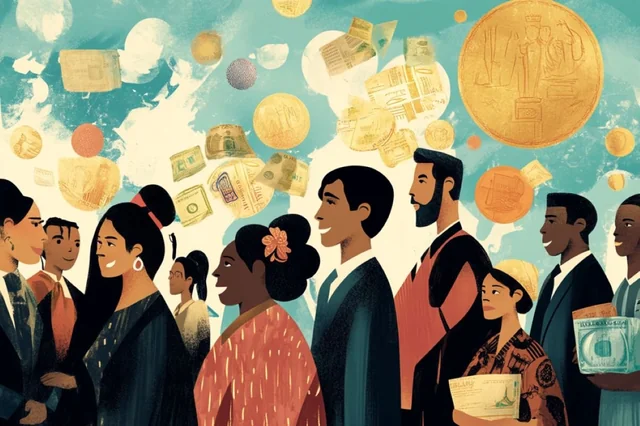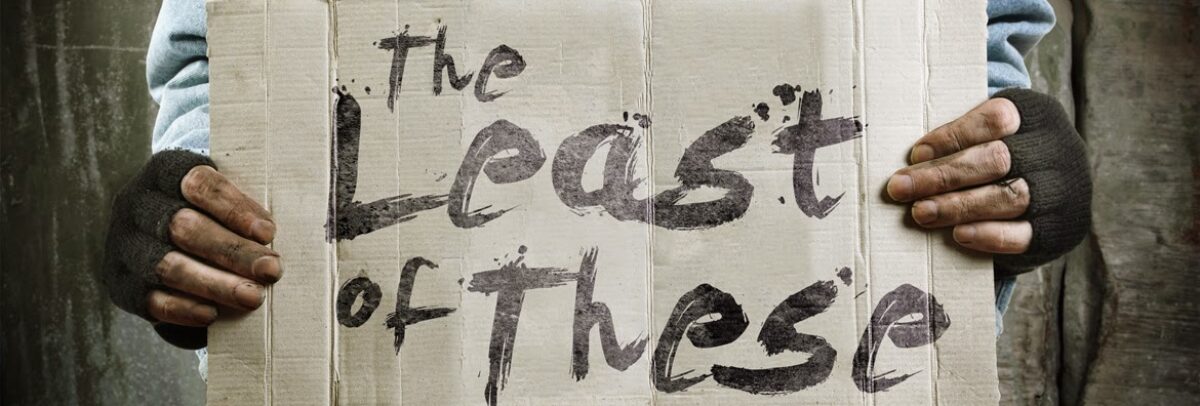
When we are rich, we have a congenital incapacity to see the poor and, in not seeing them, we never learn the wisdom of the crucified. That’s why it’s hard, as Jesus said, for a rich person to enter the kingdom of heaven.
We see – but we don’t see! We feel for the poor – but we don’t really feel for them! We reach out – but we never reach across. The gap between the rich and poor is in fact widening, not narrowing. It’s widening worldwide, between nations, and it’s widening inside of virtually every culture. The rich are becoming richer and the poor are being left ever further behind.
What principles should guide us in terms of an attitude towards wealth Underlying everything else, we must always keep in mind Jesus’ warning that the possession of wealth is dangerous, that it is hard for a rich person to enter the kingdom of heaven.
And so the challenge for all of us who are rich in any way is to continually give our wealth away. We need to do this, not because the poor need what we give them, though they do; we need to do this so that we can remain healthy. Philanthropy, of every kind, is more about the health of the one giving than the health of the one receiving. The generous rich can inherit the kingdom, the miserly rich cannot. The poor are everyone’s ticket into heaven – and to human health.
Finally, this too must always be kept in mind as we view wealth, both our own and that of the very rich. What we have is not our own, it’s given to us in trust. God is the sole owner of all that is and the world properly belongs to everyone. What we claim as our own, private property, is what has been given to us in trust, to steward for the good of everyone. It’s not really ours.
Here’s how Bill Gates Sr. puts it: “Society has an enormous claim upon the fortunes of the wealthy. This is rooted not only in most religious traditions, but also in an honest accounting of society’s substantial investment in creating fertile ground for wealth-creation. Judaism, Christianity, and Islam all affirm the right of individual ownership and private property, but there are moral limits imposed on absolute private ownership of wealth and property. Each tradition affirms that we are not individuals alone but exist in community – a community that makes claims on us. The notion that ‘it is all mine’ is a violation of these teachings and traditions. Society’s claim on individual accumulated wealth is … rooted in the recognition of society’s direct and indirect investment in the individual’s success. In other words, we didn’t get there on our own.” Indeed, none of us did! If we remember that we will more easily be generous. [Excerpt from Ron Rolheiser’s “Our Attitude Towards Wealth” August 2012]
